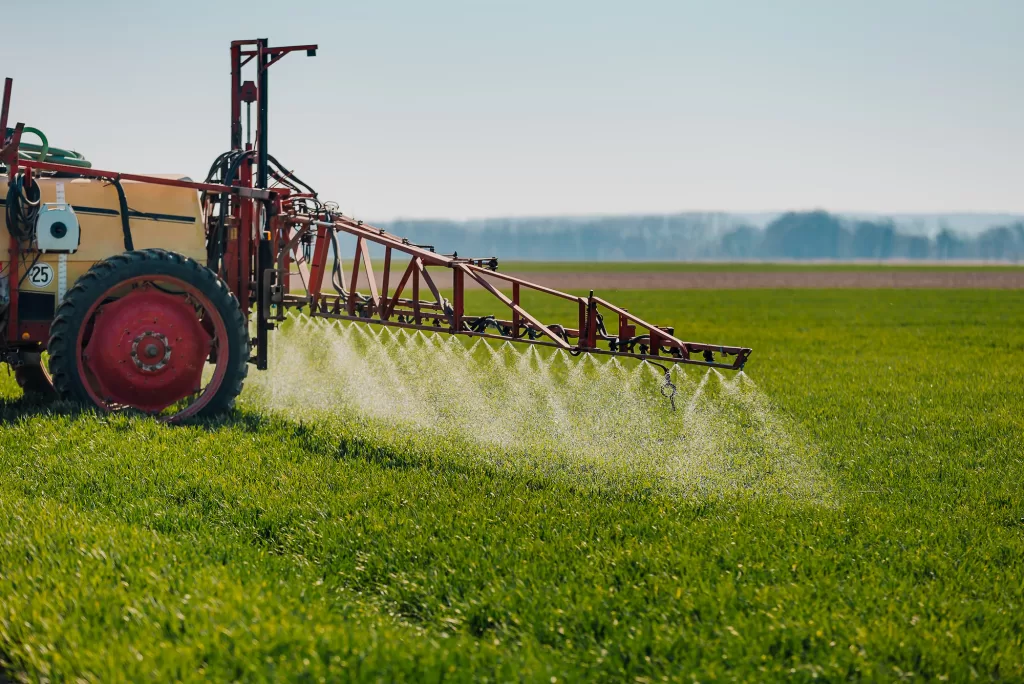Legalization of Cannabis at an unprecedented rate in each state creates an opportunity for sustainable practices to be adopted by the Cannabis Industry from the onset. Sustainable practices allows the industry to reduce the environmental, economic and social impacts by lowering the production and overhead costs. This will position the cannabis industry to emerge as the sustainability leader. The legal cannabis market is bringing product quality that is certified, and the sustainable practices have also shown to appeal to the consumers who are willing to assume greater cost of purchase.
Cannabis sustainable agriculture should integrate three main objectives:
- A healthy environment
- Economic profitability
- Social and economic equity
Sustainable agriculture means good stewardship of the land and resources that farms can rely on:
- Building/maintaining of healthy soil and promoting biodiversity
- Managing water wisely
- Reducing energy consumption
- Minimizing air, water, and climate pollution
- Waste recycling
AccuScience Laboratories proposes to mitigate sustainability Impacts and bring solutions to the Cannabis Industry by providing the following services:
- Soil Degradation Impacts
- Land-Use planning
- Soil characterization and testing
- Fertilizer use
- Water Impacts
- Water Conservation and minimizing water usage.
- Water discharges quality
- Regular water quality testing (i.e. heavy metals) and monitoring of the impacts on the Cannabis plant
- Fertilizer use and runoff
- Energy Impacts
- Efficient energy use and transitioning to renewable energy sources resulting in cost reductions
- Best Management Practices (BMPs)
- Air Quality Impacts
- Emissions of air pollutants testing during the cultivation and processing of crops
- Carbon filtration to reduce indoor cultivation emissions
- In-door air quality (IAQ) effecting workers
- Waste Impacts
- Waste generated from Non-Compliance crops.
- Waste from vape pen cartridges, single-use (disposable) plastic containers, and Packaging requirements.
- Biomass recycling
- Packaging and transportation of recycle products







